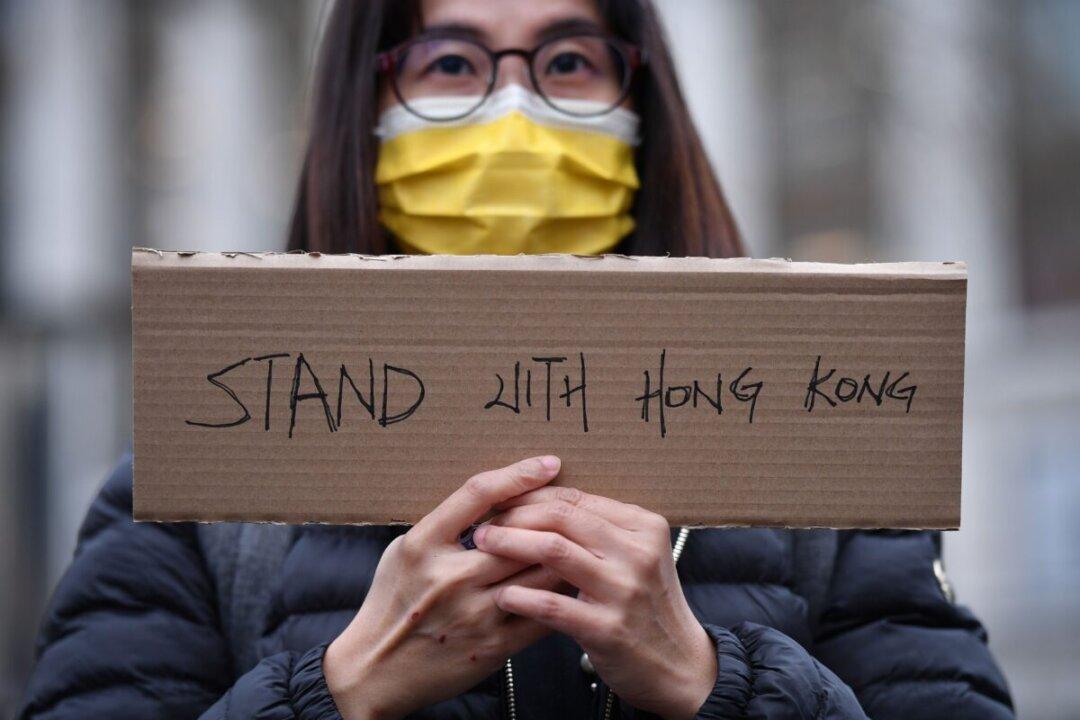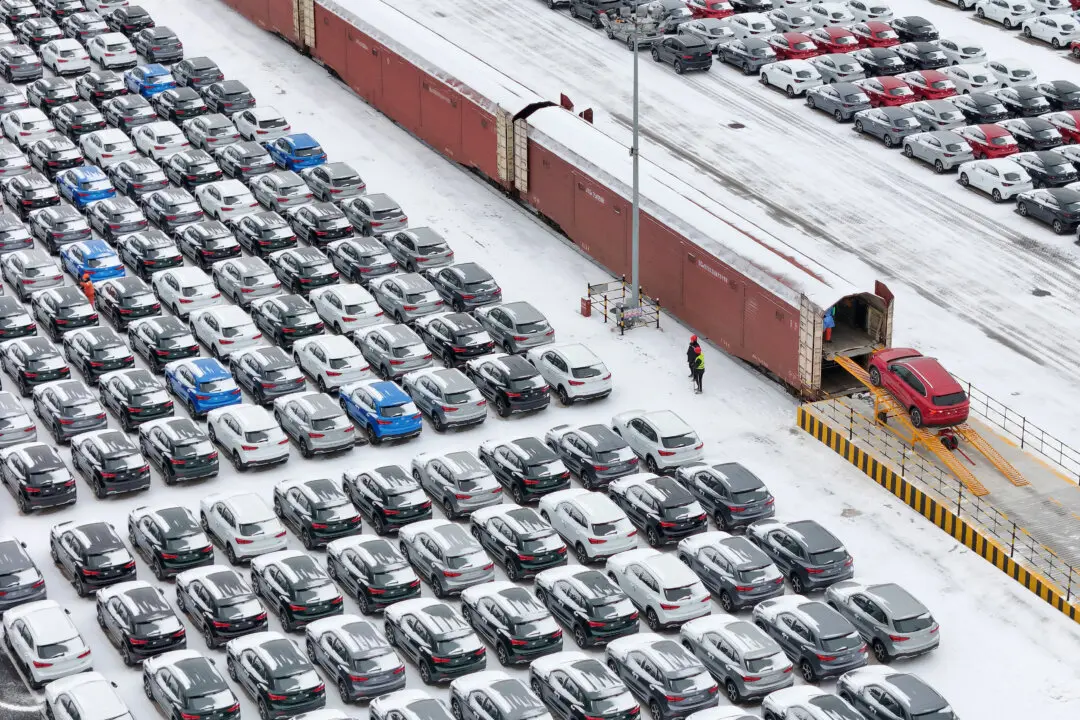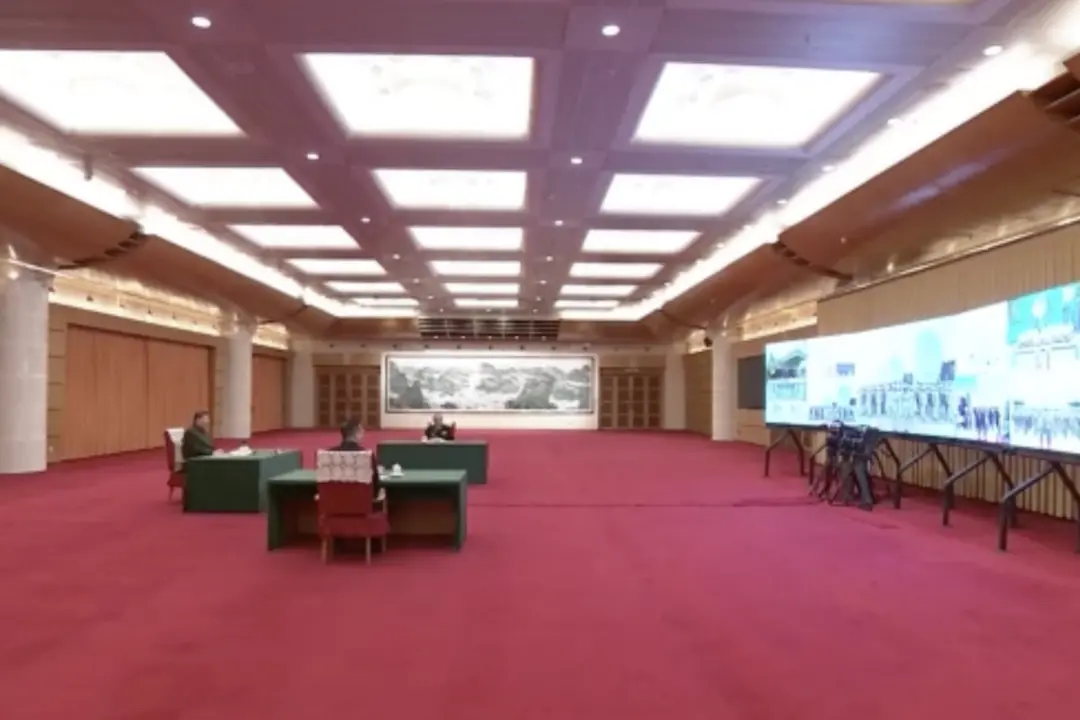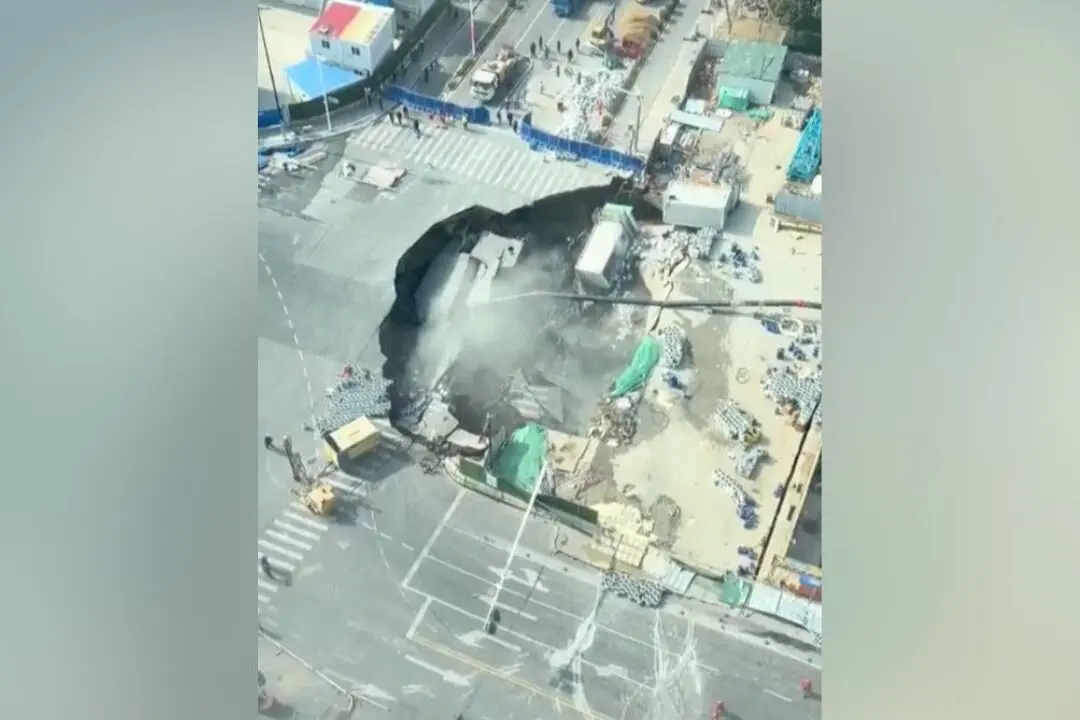The European Parliament adopted a new resolution on July 8 to condemn the communist Chinese regime’s “unprecedented” crackdown of freedom in Hong Kong, calling for a boycott of the Beijing 2022 Olympics in response to human rights abuses.
The urgent resolution was passed by overwhelming majority support in Strasbourg, France, on Thursday, with 578 in favor, 29 against, and 73 abstentions.




